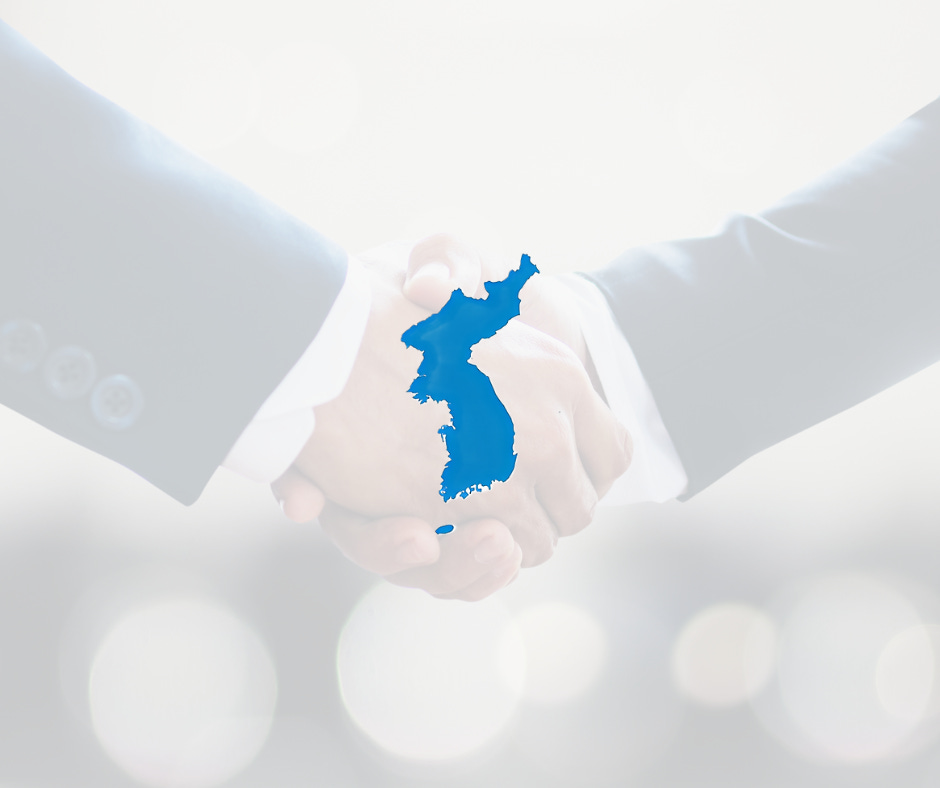The Forgotten War: Demanding Answers and Prioritizing Peace
Who benefits from avoiding a formal Peace Treaty with the DPRK: North Korea? After 70+ Years, It Is Time To Offically Declare An End To The Korean War
The Korean War, aka the Forgotten War, continues to cast a long shadow over the Korean Peninsula, as recent events have reignited concerns about its unresolved status. Despite a ceasefire agreement in 1953, the conflict has never been officially declared over with a Peace Treaty, leaving the embers of war smoldering and capable of sparking renewed tensions at any moment.
Recently, South Korean schools and government offices conducted evacuation drills for the first time in nearly a decade, complete with gas masks and CPR training. Such drills serve as a stark reminder of the ever-present threat of conflict.
Simultaneously, President Joe Biden visited the Prime Minister of Japan, a nation with a complex history of disputes with both North and South Korea. These events raise important questions about these actions' motivations and potential consequences.
One crucial question that demands attention is, “why does the Korean War remain officially unresolved after 70+ years?”
Why does it persist as a ceasefire without progressing toward a comprehensive Peace Treaty? The answer to this question holds significant implications for the region and world.
Moreover, it is worth considering who benefits from maintaining the status quo. This unending conflict results in a continuous U.S. military presence in South Korea and Japan, costing billions of dollars each year to American taxpayers.
These funds could be redirected towards a myriad of other approaches with far greater peaceful outcomes, such as established humanitarian and cultural exchanges and religious benevolence ministries that have been actively serving the needs of the people of the DPRK many decades now.
By prioritizing peace through a formal Peace Treaty, the United States would alleviate the financial burden on its taxpayers and foster an environment more conducive to reunification and affluence north of Seoul.
President Biden's announcement regarding deploying nuclear-armed submarines to South Korea as an alleged deterrent to North Korea's missile tests and nuclear program development raises a red flag, naturally.
Is this military escalation the most effective strategy to achieve lasting peace?
Short answer: NO.
Are there alternative diplomatic avenues that should be exercised?
Short answer: YES.
As citizens, it is our obligation to demand answers to these pressing questions and push for a reevaluation of our approach to the Korean War.
Is it not past time to prioritize a peace treaty over a strategy of perpetual military escalation disguised as deterrence?
By seeking an official Peace Treaty with the DPRK, the U.S. can actually begin to help Koreans strive for a future where schools on the Peninsula can conduct drills focused on education, creativity, and personal growth rather than evacuation and survival.
We owe it to ourselves, particularly to the people of Korea, and the world at large to alter the status quo when it has proven to not work and demand that a Peace Treaty become the ultimate objective which would allow North and South Koreas to have a better chance of reunification.
As the embers of the Korean War continue to smolder, let us harness our voices to ensure that they are not reignited but instead extinguished once and for all through a lasting and comprehensive Peace Treaty.
It is time to remember the Forgotten War and demand the peace it deserves.
Join the cause for an official Peace Treaty with the DPRK: North Korea by signing and sharing the petition below!

